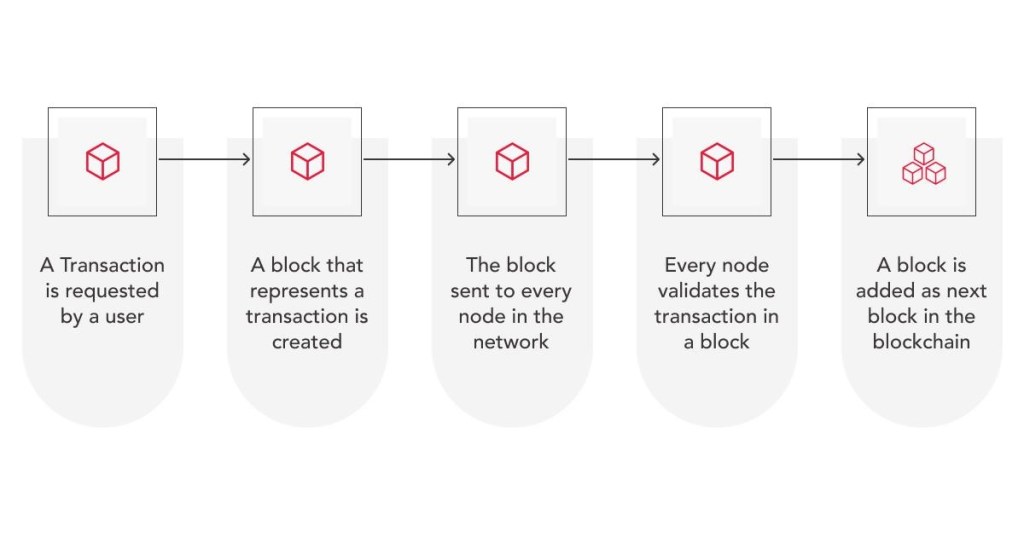Transforming insurance industry to build trust through technology
The real value proposition
The insurance sector is plagued with complex customer onboarding processes, siloed sales and distribution, data privacy issues and delayed claim processes. However, with the change in customers’ preferences and demands, this multi-trillion dollar global insurance industry that has remained trapped in the past with little customer service advancement or innovation is evaluating better options to address these problems.
To build trust with multiple stakeholders is a challenge that needs to be overcome. By leveraging blockchain, businesses can access a decentralized and unchangeable ledger of transactions. This enables them to bolster transparency and cultivate trust among customers and partners.
Blockchain in insurance holds the potential for streamlining, modernizing, and enhancing the siloed infrastructure of the insurance industry using a shared fabric of common information. Therefore, insurers are speeding to adopt blockchain to improve records management, stakeholder interaction, and transaction execution.
In the health insurance domain, blockchain can help all participants securely and instantly store, update, and share medical records. With blockchain, AI, and Big data, premium calculations become accurate. Traffic conditions, accident frequency, current events, and an insured’s driving habits can lead to precise risk assessment.

As the name suggest, a “blockchain” is, in its simple terms, a “chain” of previously validated transaction “blocks” that constitutes decentralized and mutualized record-keeping in a near irrevocable time-stamped ledger.
Digital ledger systems such as blockchain can support the automation of obsolete procedures, save billions of paperwork hours per year, and reduce human error because the chain safely records all forms and data.
The potential of Blockchain to guard confidential information while preserving privacy is particularly appealing to an industry that relies heavily on data garnered from being at the intersection of health, work and personal life. Blockchain ledgers are decentralized, so no one authority can corrupt or manipulate them.
The use case can vary for insurance companies based on the problem they are trying to solve. Prioritizing can help companies with the following:
- Preventing identity frauds: By validating each applicant through a blockchain-based registry, the company can improve security as a distributed public record. Digital data will validate document authenticity and can prevent fraudulent activities.
- Reducing cyber liability: With data centralization, there are fewer chances for false billings and tempered document submission. This will allow insurance companies to lower their loss-adjustment expenses and mitigate identity theft and Cyber liability losses.
- Faster claim settlements: The blockchain and smart contracts will ensure a transparent claims management process. Through the verification of contracts, blockchain settles valid claims. Also, the system will prohibit the submission of multiple claims for the same incident.
The conclusion
Adapting to newer and better technologies like blockchain and blockchain based smart contracts can help companies stay ahead in the market and avoid risk of disruption from competitors.
Technologies like Artificial Intelligence and Blockchain can work in tandem where Blockchain can offer privacy, and trust to AI-based applications, whereas AI can enhance scalability and security while resolving the personalization and governance issues for blockchain-based technologies.
How can a company implement blockchain?
The first step for any company is to review existing systems and problem statements to be addressed. The most crucial part is to assess the value of bringing in a technology like blockchain through a decision Matrix. The implementation can be simple, moderate or complex depending on the business need. Once this is established, commission a PoC.
Choose the right framework and governance, private and public blockchain use. The need for smart contracts and the security of those. It is important to assess use of managed Vs unmanaged services.
Pick the right technology partner to implement your blockchain project. Certified technology resources with the right domain expertise can make your project successful.










